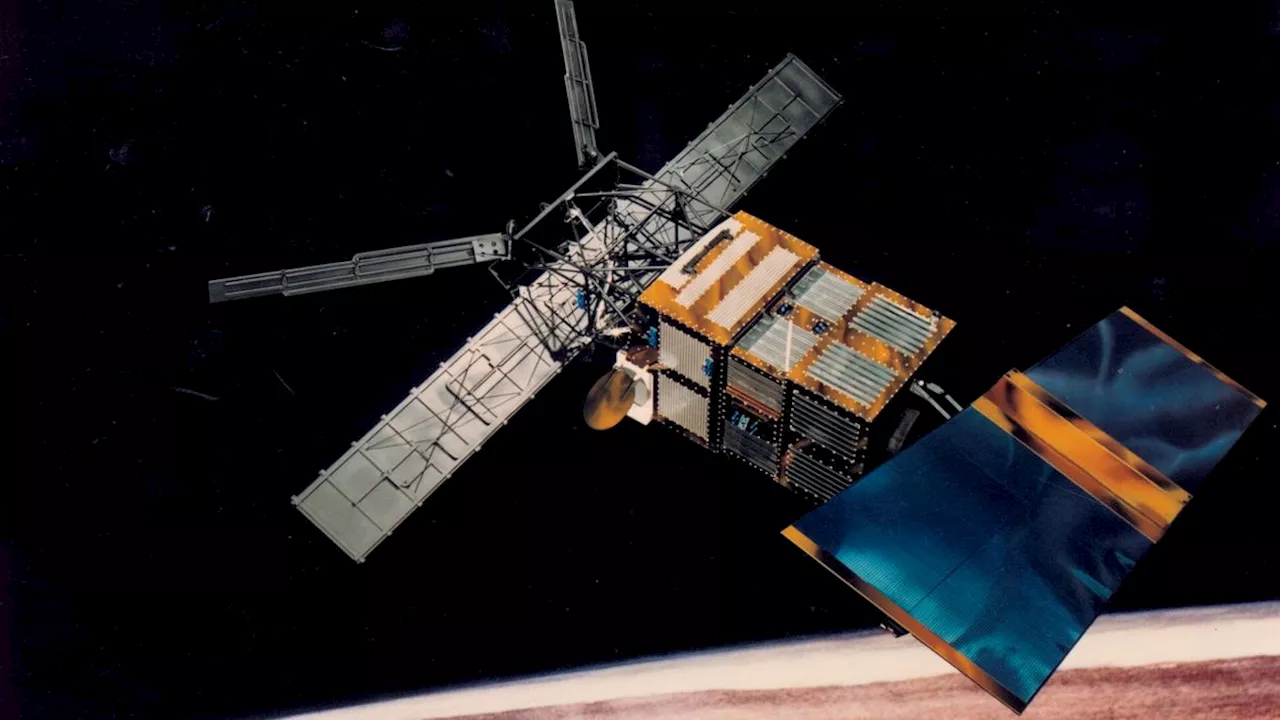Brett is curious about emerging aerospace technologies, alternative launch concepts, military space developments and uncrewed aircraft systems. Brett's work has appeared on Scientific American, The War Zone, Popular Science, the History Channel, Science Discovery and more.
Artist's illustration of ESA's ERS-2 satellite in Earth orbit. The spacecraft is expected to fall back to Earth in February 2024.A dead European satellite fell back to Earth today, bringing an end to its nearly 30-year life in space.
"We have confirmation of the atmospheric reentry of ERS-2 at 17:17 UTC +/- 1 minute over the North Pacific Ocean between Alaska and Hawaii," ESA OperationsIt's unclear if any debris made its way down to the surface after ERS-2 reentered the atmosphere, but none of the fragments contain any toxic or radioactive substances, ESA assured the public in anon X, showing the location of a debris trail recorded by radar systems operated by the National Oceanographic and Atmospheric...
Commercial imaging company HEO Robotics captured images of the European Space Agency's ERS-2 satellite as it fell towards Earth's atmosphere on Feb. 14, 2024. "The ERS satellites have provided a stream of data which has changed our view of the world in which we live,' ESA's Director of Earth Observation Programs, Simonetta Cheli said in a.
United States Latest News, United States Headlines
Similar News:You can also read news stories similar to this one that we have collected from other news sources.
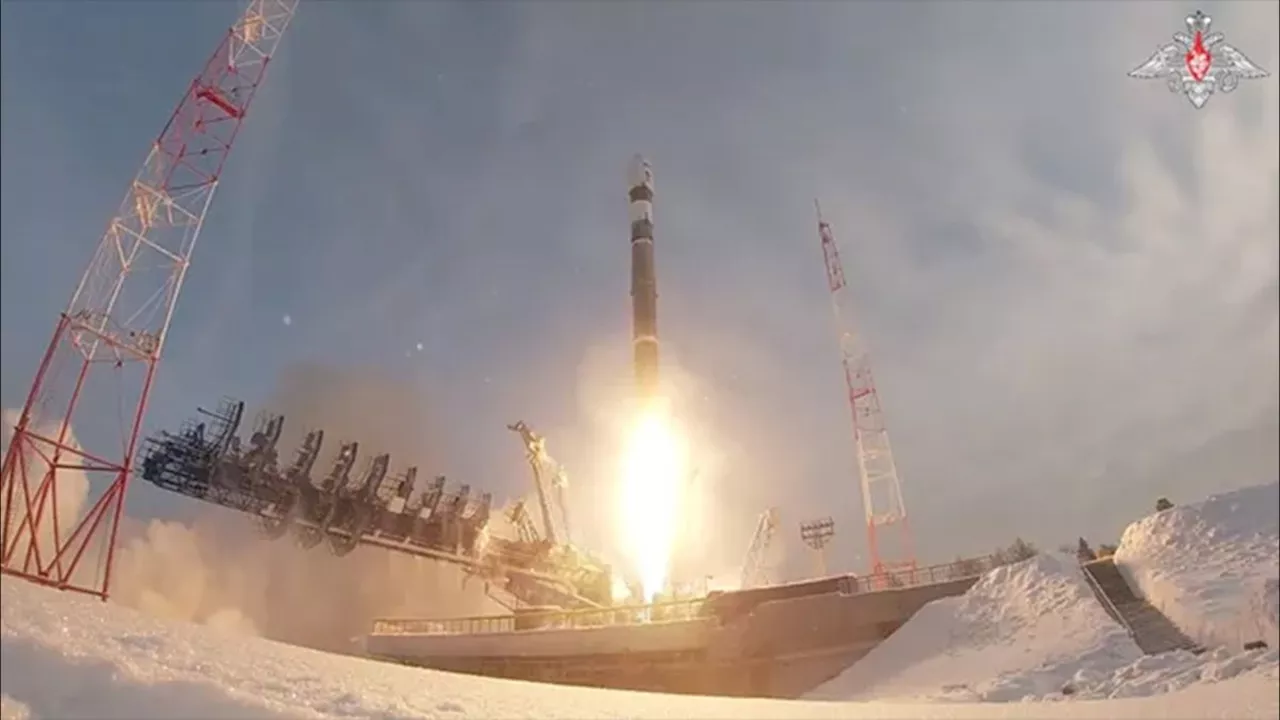 Russia is developing a space-based nuclear weapon to target satellites, U.S. Congress revealsBrett is a science and technology journalist who is curious about emerging concepts in spaceflight and aerospace, alternative launch concepts, anti-satellite technologies, and uncrewed systems. Brett's work has appeared on The War Zone at TheDrive.com, Popular Science, the History Channel, Science Discovery, and more.
Russia is developing a space-based nuclear weapon to target satellites, U.S. Congress revealsBrett is a science and technology journalist who is curious about emerging concepts in spaceflight and aerospace, alternative launch concepts, anti-satellite technologies, and uncrewed systems. Brett's work has appeared on The War Zone at TheDrive.com, Popular Science, the History Channel, Science Discovery, and more.
Read more »
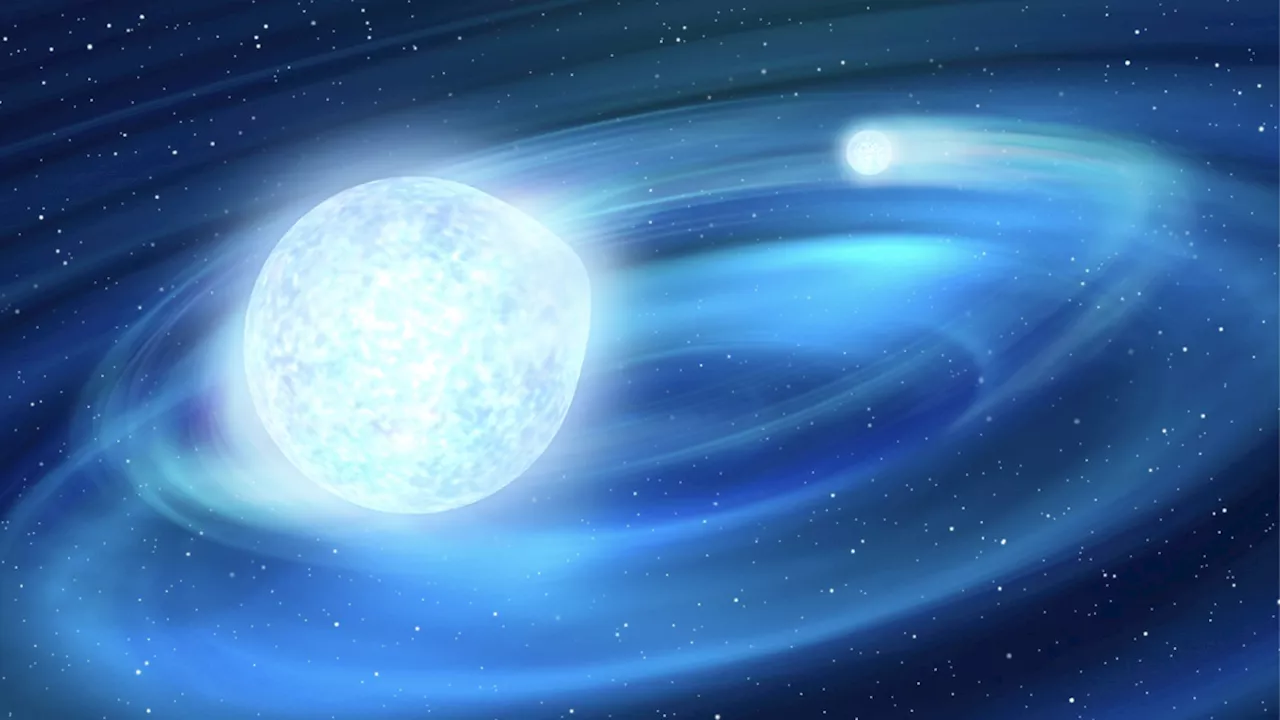 For this dead star, 72 years is a single Earth dayRobert Lea is a science journalist in the U.K. whose articles have been published in Physics World, New Scientist, Astronomy Magazine, All About Space, Newsweek and ZME Science. He also writes about science communication for Elsevier and the European Journal of Physics. Rob holds a bachelor of science degree in physics and astronomy from the U.K.
For this dead star, 72 years is a single Earth dayRobert Lea is a science journalist in the U.K. whose articles have been published in Physics World, New Scientist, Astronomy Magazine, All About Space, Newsweek and ZME Science. He also writes about science communication for Elsevier and the European Journal of Physics. Rob holds a bachelor of science degree in physics and astronomy from the U.K.
Read more »
 Scientists create 5 new isotopes to learn how neutron star collisions forge goldRobert Lea is a science journalist in the U.K. whose articles have been published in Physics World, New Scientist, Astronomy Magazine, All About Space, Newsweek and ZME Science. He also writes about science communication for Elsevier and the European Journal of Physics. Rob holds a bachelor of science degree in physics and astronomy from the U.K.
Scientists create 5 new isotopes to learn how neutron star collisions forge goldRobert Lea is a science journalist in the U.K. whose articles have been published in Physics World, New Scientist, Astronomy Magazine, All About Space, Newsweek and ZME Science. He also writes about science communication for Elsevier and the European Journal of Physics. Rob holds a bachelor of science degree in physics and astronomy from the U.K.
Read more »
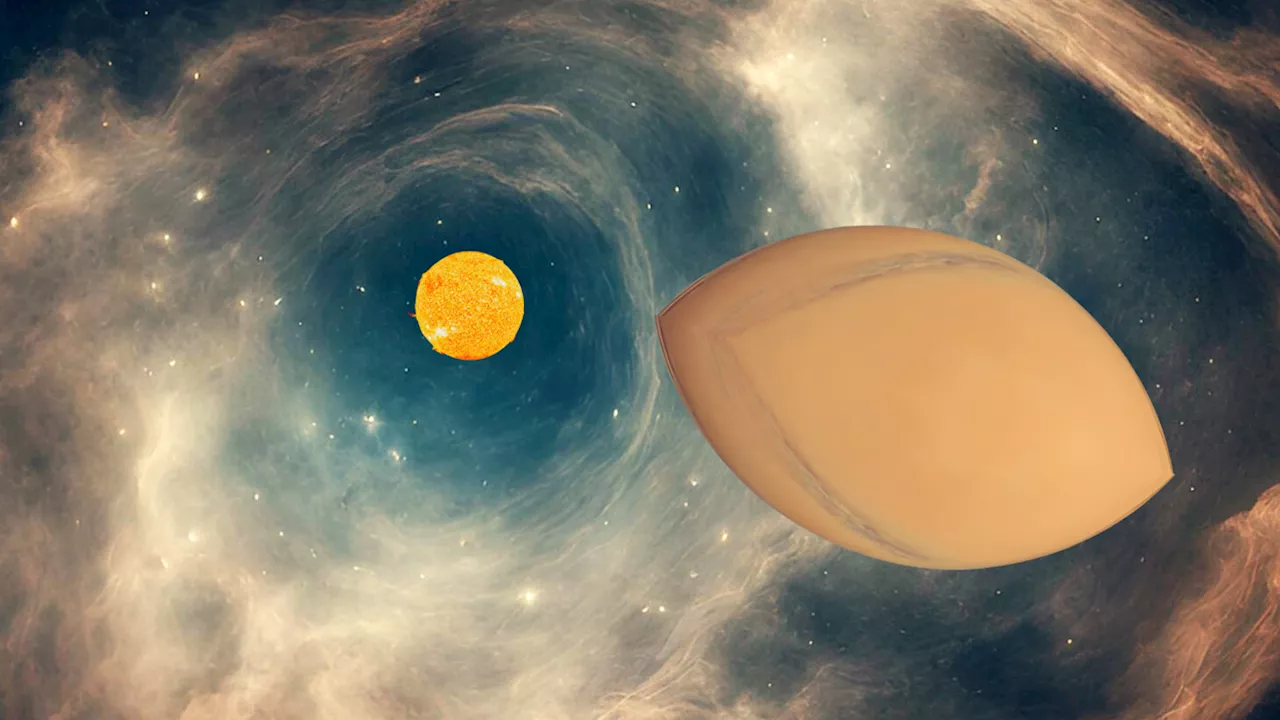 Surprise! Baby exoplanets might look like Smarties candies rather than spheresRobert Lea is a science journalist in the U.K. whose articles have been published in Physics World, New Scientist, Astronomy Magazine, All About Space, Newsweek and ZME Science. He also writes about science communication for Elsevier and the European Journal of Physics. Rob holds a bachelor of science degree in physics and astronomy from the U.K.
Surprise! Baby exoplanets might look like Smarties candies rather than spheresRobert Lea is a science journalist in the U.K. whose articles have been published in Physics World, New Scientist, Astronomy Magazine, All About Space, Newsweek and ZME Science. He also writes about science communication for Elsevier and the European Journal of Physics. Rob holds a bachelor of science degree in physics and astronomy from the U.K.
Read more »
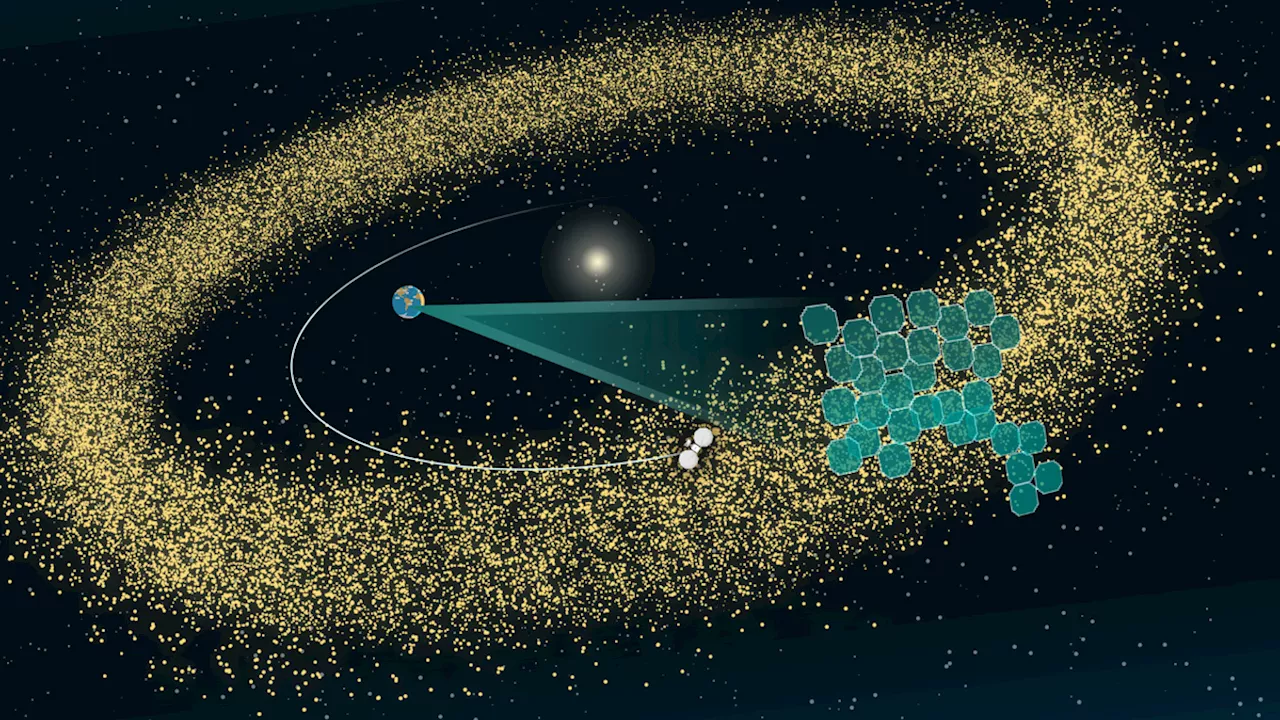 How Earth's new Rubin Observatory will usher in the next era of asteroid space missionsRobert Lea is a science journalist in the U.K. whose articles have been published in Physics World, New Scientist, Astronomy Magazine, All About Space, Newsweek and ZME Science. He also writes about science communication for Elsevier and the European Journal of Physics. Rob holds a bachelor of science degree in physics and astronomy from the U.K.
How Earth's new Rubin Observatory will usher in the next era of asteroid space missionsRobert Lea is a science journalist in the U.K. whose articles have been published in Physics World, New Scientist, Astronomy Magazine, All About Space, Newsweek and ZME Science. He also writes about science communication for Elsevier and the European Journal of Physics. Rob holds a bachelor of science degree in physics and astronomy from the U.K.
Read more »
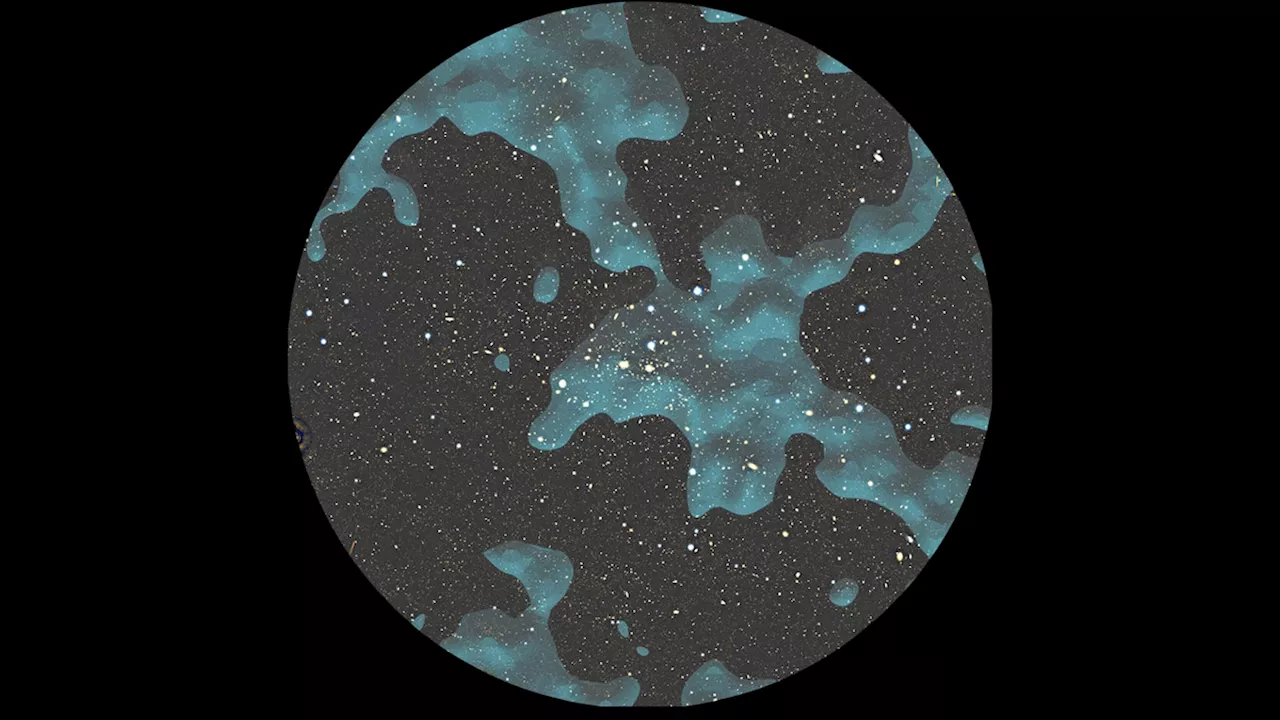 Dark matter detected dangling from the cosmic web for 1st timeRobert Lea is a science journalist in the U.K. whose articles have been published in Physics World, New Scientist, Astronomy Magazine, All About Space, Newsweek and ZME Science. He also writes about science communication for Elsevier and the European Journal of Physics. Rob holds a bachelor of science degree in physics and astronomy from the U.K.
Dark matter detected dangling from the cosmic web for 1st timeRobert Lea is a science journalist in the U.K. whose articles have been published in Physics World, New Scientist, Astronomy Magazine, All About Space, Newsweek and ZME Science. He also writes about science communication for Elsevier and the European Journal of Physics. Rob holds a bachelor of science degree in physics and astronomy from the U.K.
Read more »
